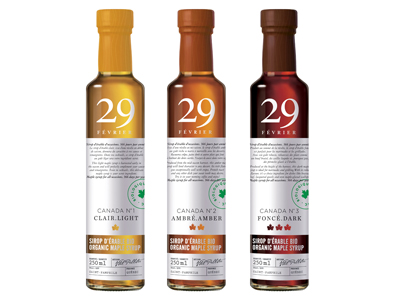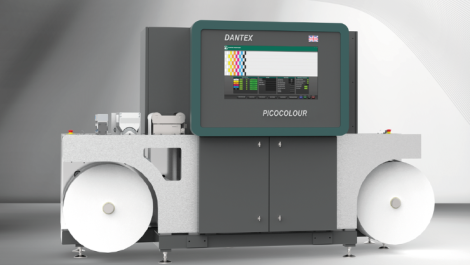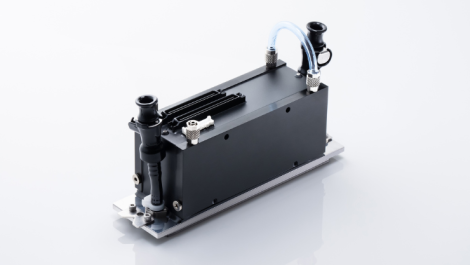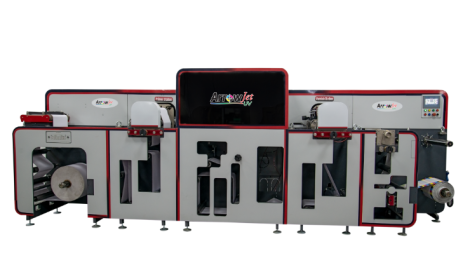Quebec City-based Multi-Action Labels has bagged Canadian maple syrup producer 29 février as a customer using the benefits of digital UV inkjet printing as a major selling point.
When 29 février was launched in 2014 the labels for the brand were originally screen-printed opaque white followed by digital toner process for black and green. The brand owner sought a solution that offered higher productivity, lower label unit costs and ordering flexibility, in order to achieve supermarket listings in Canada, the USA and Korea.
Multi-Action provided the solution with a single-pass printing and converting operation, thanks to the company’s eight colour 330 mm wide SPGPrints DSI Digital System Integration UV inkjet press.
With make-ready times in this fully digital workflow reduced to file handling, the converter offers lead times of within 48 hours and even the possibility of same-day deliveries. Furthermore, the converter was able to ensure high-impact and durable image reproduction, as the SPGPrints’ proprietary inks offer high scratch-resistance and, in white, an optical density of 93%.
Designed by lg2 boutique of Montreal, the labels for the six varieties – light, amber and dark grades, and organic alternatives for each – create a covet-worthy, versatile brand, ideal for an array of fine culinary uses. Extensive use of text on a white background educates consumers about the subtle flavours and serving ideas. A no-label look ‘window’ reinforces the impact of the brand name, and offers appreciation of the product contents.
Jonathan Bourbonnière, president, Multi-Action Labels, commented, ‘The 29 février brand, with its exceptional quality and an elegant packaging, is transforming the perception of maple syrup as a fine food product. With our digital UV inkjet label workflow based on the DSI press, we are well-placed to offer the high levels of flexibility and shelf-impact needed to ensure the brand’s international success.’
Available in widths from 135 mm to 530 mm, the printer offers the possibility of variable data, personalisation, samples on-demand and maximum productivity of 700 m²/hr. Standard features include intermediate inline LED pinning, and a chill drum to enable stable, undistorted processing of heat-sensitive plastic substrates. In addition to standard CMYK stations, customers can specify or retrofit up to six print stations, including opaque white, orange and violet, spot colours and a digital primer to maximize substrate compatibility.






